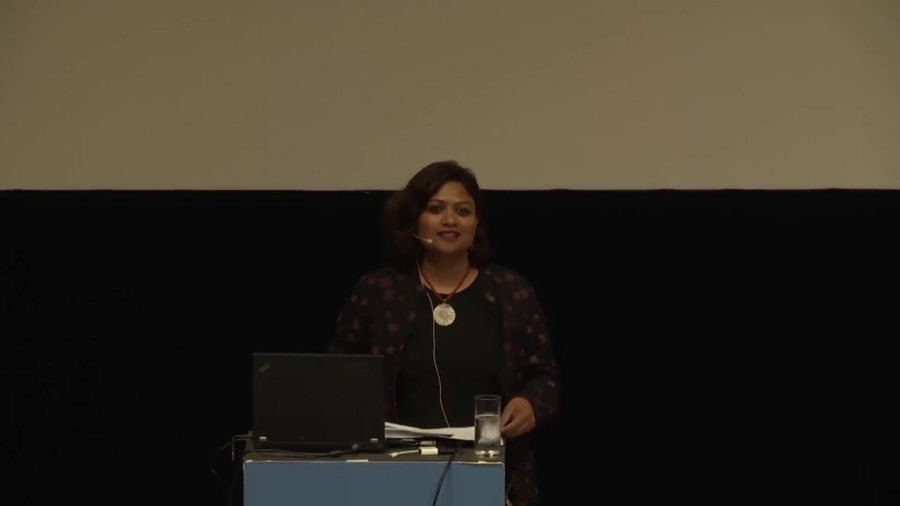I’m interested in data and discrimination, in the things that have come to make us uniquely who we are, how we look, where we are from, our personal and demographic identities, what languages we speak. These things are effectively incomprehensible to machines. What is generally celebrated as human diversity and experience is transformed by machine reading into something absurd, something that marks us as different.
Archive
Food has always been tightly intertwined with culture and identity. As a result, it’s also been a common target of colonialism. Colonizers understood that by wiping out people’s food traditions, it would be easier to wipe out their origins, their identity, and their history. This kind of trend isn’t only in the past, though. In many areas of the world, dietary habits are changing, food inequality is rife, and somehow both obesity and hunger are on the rise on a global scale.
Throughout the colonies of the various European powers, water engineers used dams, ditches, and sluices to control the flow of water. They claimed that their approach to water management was more rational and efficient than existing indigenous approaches.
In this episode, we’ll take a broad understanding of the term “technology” and look at how processed and techniques have affected the way in which societal benefits from certain types of seeds have spread across the world, from indigenous knowledges, to biotechnology, and patenting and privatization of seeds.
We firmly believe that no technology is neutral, and that power and technology are inextricably interlinked. In this podcast, we want to explore this relationship further, thinking about the power dynamics that are, and have been in the past, created by technology.

